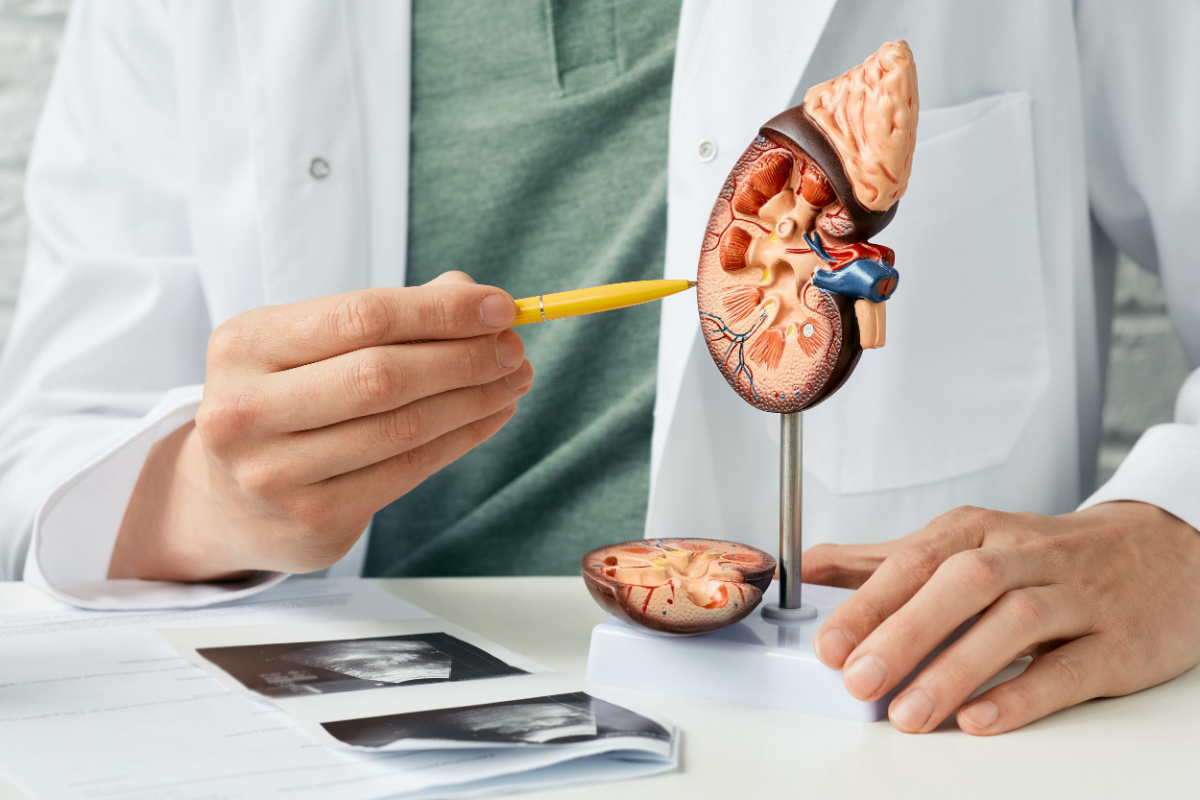
Understanding The Risks Of Drugs-Kidney Interaction
Medications are prescribed to improve our health and manage various medical conditions.
However, the effectiveness of these drugs may be compromised if the kidneys are not functioning
correctly. The kidneys are responsible for filtering waste and excess fluids from the blood, and
medications can also be cleared from the body through the kidneys. When the kidneys are not
working properly, medications can accumulate in the body, leading to potential drug toxicity and
side effects.
Kidney Functioning And Medication Clearance
The kidneys play a critical role in clearing medications from the body. Drugs are metabolized in the
liver, and then they are excreted from the body through the kidneys. The kidneys filter the blood
and eliminate waste products, including drugs. In patients with impaired kidney function, the
elimination of drugs from the body is compromised, leading to a build-up of medication in the
bloodstream.
Drugs-Kidney Interaction
The drugs that are primarily cleared through the kidneys are most likely to be affected by kidney
function. These drugs are referred to as renally cleared drugs. Examples of these drugs include
antibiotics, anticoagulants, and certain pain medications. When these drugs are taken by patients
with impaired kidney function, they can accumulate in the body and cause toxicity. Additionally,
some medications can cause further damage to the kidneys, leading to a vicious cycle of impaired
kidney function and medication toxicity.
Risks Of Medication Toxicity
The risks of medication toxicity are significant, particularly in patients with impaired kidney function.
Symptoms of medication toxicity can range from mild to severe, depending on the medication and
the level of toxicity. Common symptoms of medication toxicity include nausea, vomiting, diarrhea,
dizziness, and confusion. In severe cases, medication toxicity can lead to seizures, coma, and
even death.
Managing Medications In Patients With Impaired Kidney Function
To reduce the risk of medication toxicity, healthcare providers must be aware of the patient’s
kidney function when prescribing medications. Patients with impaired kidney function may require a
reduced dose of medication or a different medication altogether. Healthcare providers must also
monitor patients for signs and symptoms of medication toxicity, especially if they are taking renally
cleared drugs.
Takeaway
Medications are essential in managing medical conditions, but their effectiveness can be
compromised by impaired kidney function. Patients with impaired kidney function are at higher risk
of medication toxicity, which can have severe consequences. Healthcare providers must be aware
of the risks of drug-kidney interaction and closely monitor patients with impaired kidney function
when prescribing medications. By taking a proactive approach to medication management,
healthcare providers can help reduce the risk of medication toxicity and improve patient outcomes.